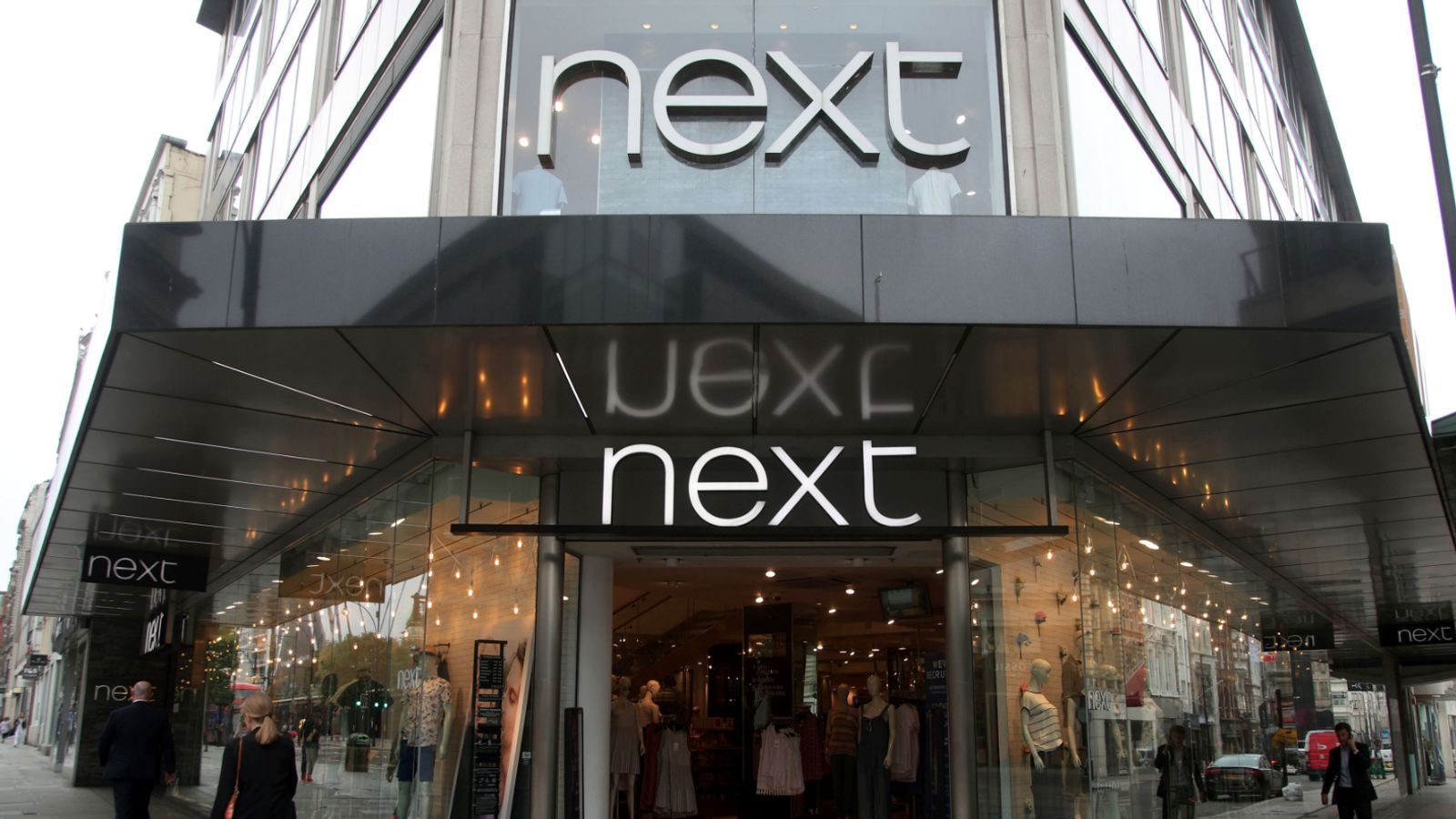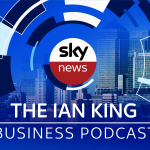Next has warned it expects sales growth to slow ahead of Christmas as household budgets come under pressure but reported an improvement in supply chain disruption that has limited stock.
The fashion-to-homewares retailer’s chief executive, the pro-Brexit Tory peer Lord Wolfson, had urged ministers in September to take “decisive action” by relaxing immigration rules to tackle the shortage of workers hampering the economy.
The company had complained about a lack of staff in crucial roles, including haulage, but revealed on Wednesday that it still saw a 17% leap in full price sales during the thirteen weeks to 30 October versus two years ago – beating market expectations.
The performance was led by its sprawling online operations as store sales across the UK and Ireland during the third quarter were down almost 29% on the same period a year ago.
Online revenue was 40% up.
Next said that full price sales over the past five weeks were 14% higher – better than its forecast of 10% – but it still expected the rate of growth to slow to 10% in the final three months of its financial year.
“We are maintaining our Q4 full price sales guidance at +10% and full year profit before tax at £800m”, Next said.
COP26: Financial firms that control 40% of global assets to align with 1.5C global warming limit
UK banks to commit to coal financing phase-out by 2030 at COP26
COP26: Away from summit, global demand for oil and gas means BP remains a ‘cash machine’
The profit figure would be an improvement of 7% on 2020.
The retailer said the lack of an upgrade was due to the fact that inflation is rising as a consequence of surging bills for things such as fuel and household energy and that was likely to “moderate demand for more discretionary purchases” among shoppers.
“The effects of pent-up demand (from COVID restrictions) are likely to continue to diminish.
“Stock availability has improved but remains challenging, with delays in our international supply chain being compounded by labour shortages in the UK transport and warehousing networks.
“However, to date, stock limitations appear to be offset by strong underlying demand”, Next reported.






















